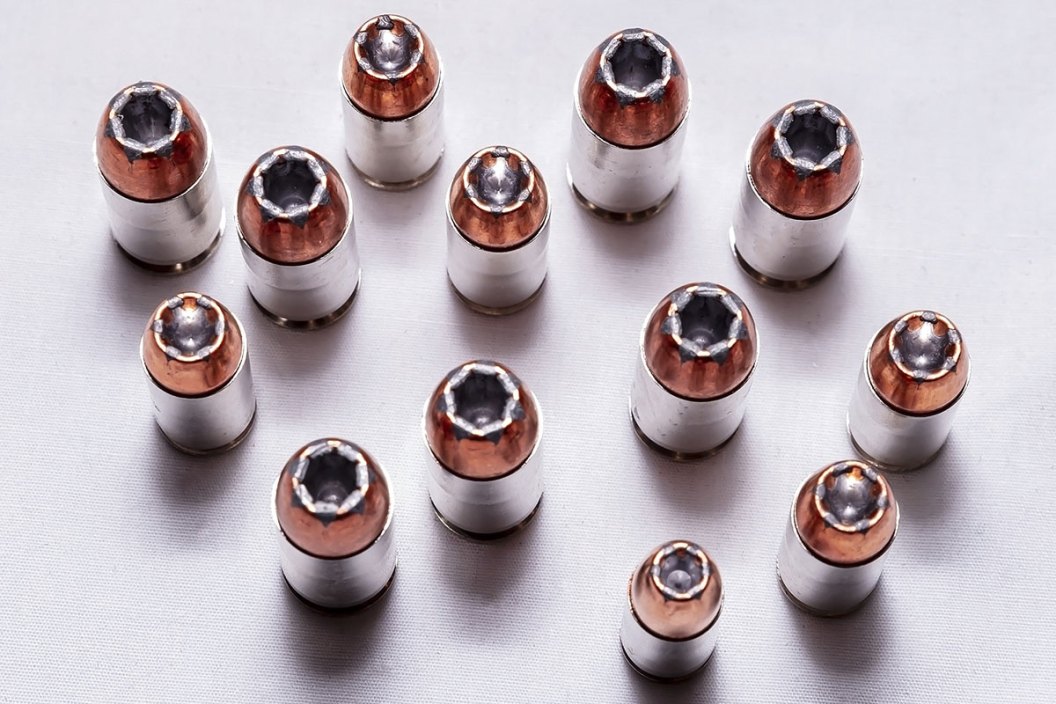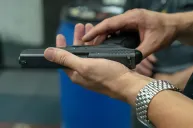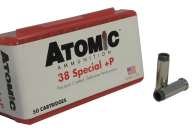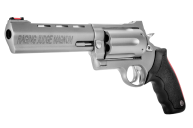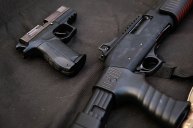In the end, it's about how much you practice, and what you shoot best.
When you hear people talk about the ideal concealed carry caliber for self defense ammo, you will get a lot of varied opinions.
Somebody will say something about stopping power. Some people will use the guns typically use by police departments as a guide. Others will tell you that it doesn't matter as long as you use hollow points instead of FMJs.
The truth is, the best caliber for concealed carry and personal defense is one that does a reasonable amount of damage to an attacker loaded in a gun that you can shoot well.
Because of strides in ammo technology and manufacturing, some handgun rounds and calibers that were considered underpowered 20 years ago are again viable self defense loads.
All that makes for some confusing terrain for newbies.
Making the First Decision
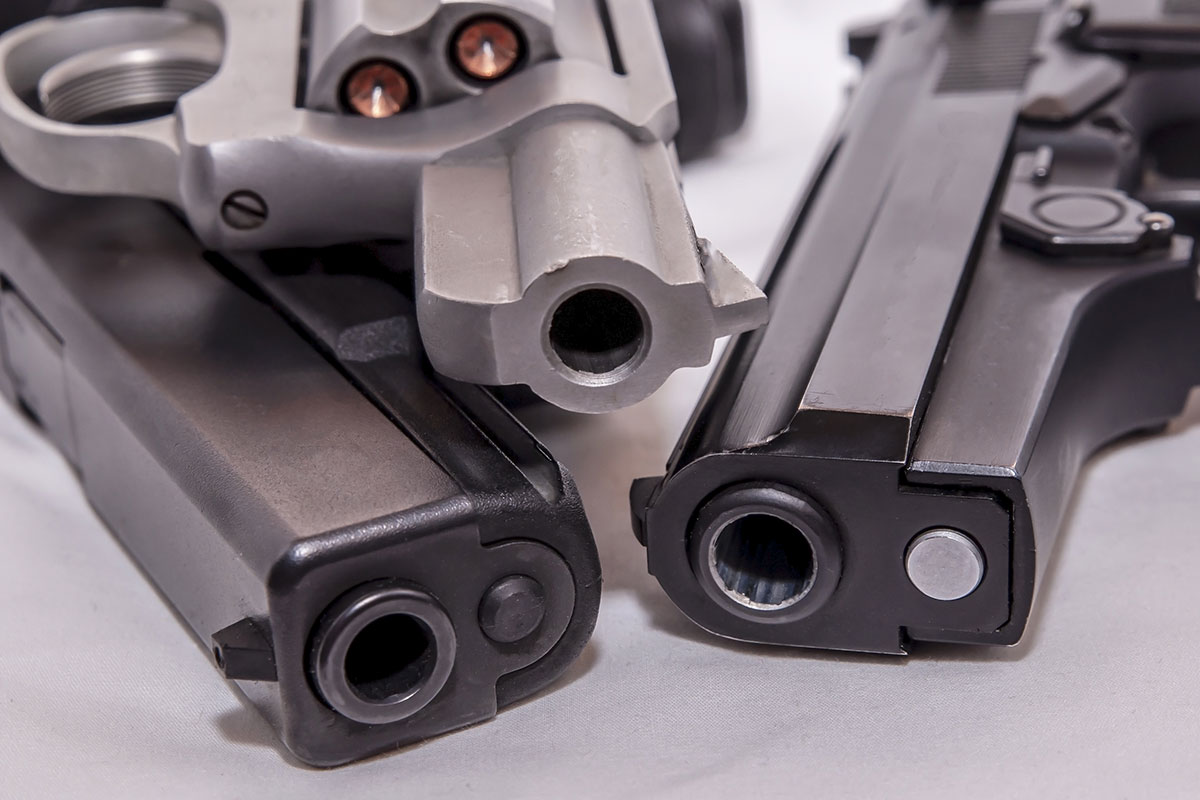
The first choice someone must make regarding a concealed carry gun will be: semi-automatic or revolver. This will then determine options for pistol calibers and cartridges.
For some, a 9mm pistol is perfect, there are a wide variety of concealed carry guns chambered in 9mm in a wide variety of sizes, from full size to subcompact.
For others, a .45 ACP handgun will be preferable. A strong argument can be made for the efficacy of the .380 ACP with modern bullets and pressure, which can also be said for the venerable .38 Special when it comes to revolvers—and believe it or not, short-barreled, lightweight revolvers in .38 Special are still a very popular choice for a CCW.
Recoil Considerations
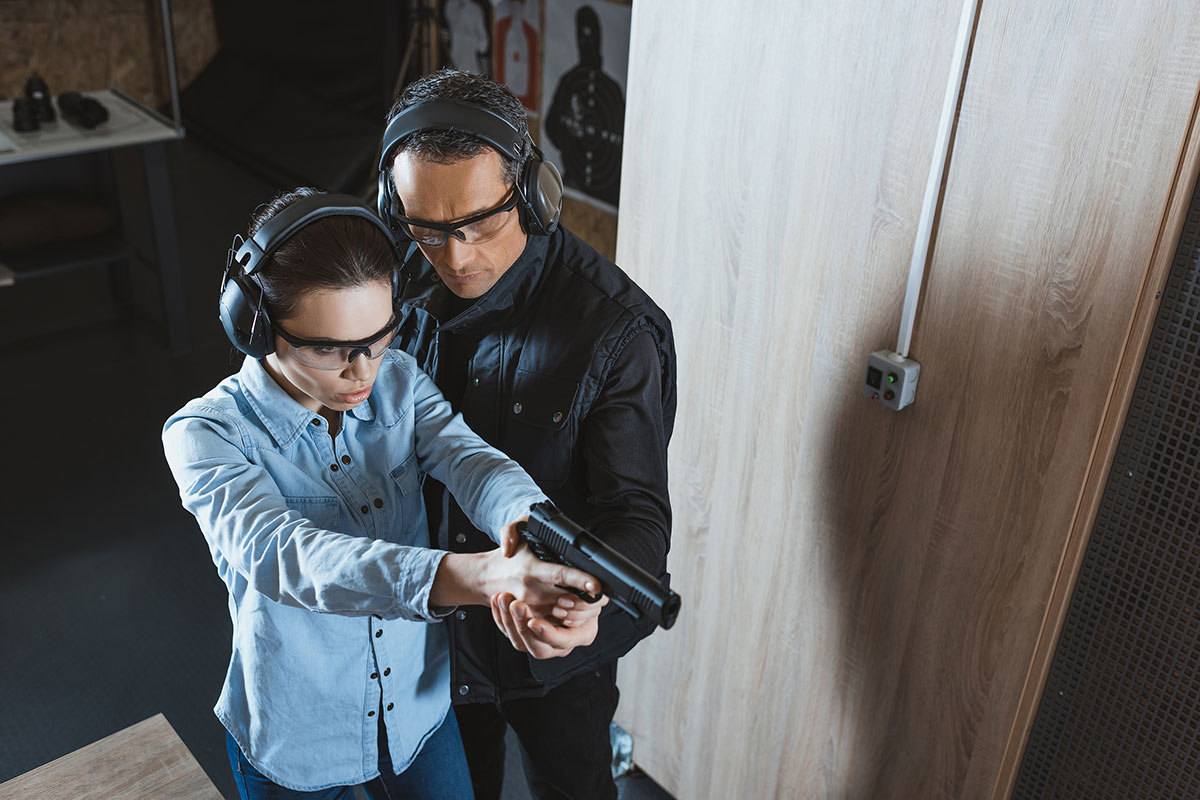
It isn't so much caliber size that must be considered, but the felt recoil of a given cartridge and your ability to deal with it.
High-pressure, high velocity 9mm rounds can have a pretty sharp kick in a light handgun, which can negatively effect shooting performance. To me, I always found the dull thud-like kick of a .45 ACP in a full-size gun easier to manage.
However, choosing low-recoil self-defense 9mm cartridges can cut down on that kick, which is a welcome trade-off for the higher magazine capacity of a 9mm pistol (not to mention less overall reloading is required). Yet, there are folks with a frame that's simply too small to carry a full-size handgun concealed and comfortably, which limits them to smaller guns with smaller magazine capacity anyway.
You must remember that it's not necessarily a larger caliber handgun that has more recoil than a smaller caliber handgun. The .357 Magnum cartridge is the same diameter as the .38 Special, but the length of the case allows it to be loaded to much higher pressures, producing greater muzzle velocity and a lot more kick.
That's why any revolver chambered for .357 Magnum will also fire .38 Special ammunition, making it a versatile choice that can be highly customized based on ammo choice.
Remember, this felt recoil can be mitigated with a heavier gun, but that's not a desirable trait for a carry weapon. Likewise, hot .38 Special rounds in a very light snub-nosed revolver can kick like hell.
Similarly, the kick of a .44 Magnum is too much for many people to get comfortable with, but there are a number of .44 Magnum revolver options suitable for concealed carry. Like the .357 Magnum, and revolver chambered for .44 Magnum can also fire cheaper and lighter-kicking .44 Special rounds.
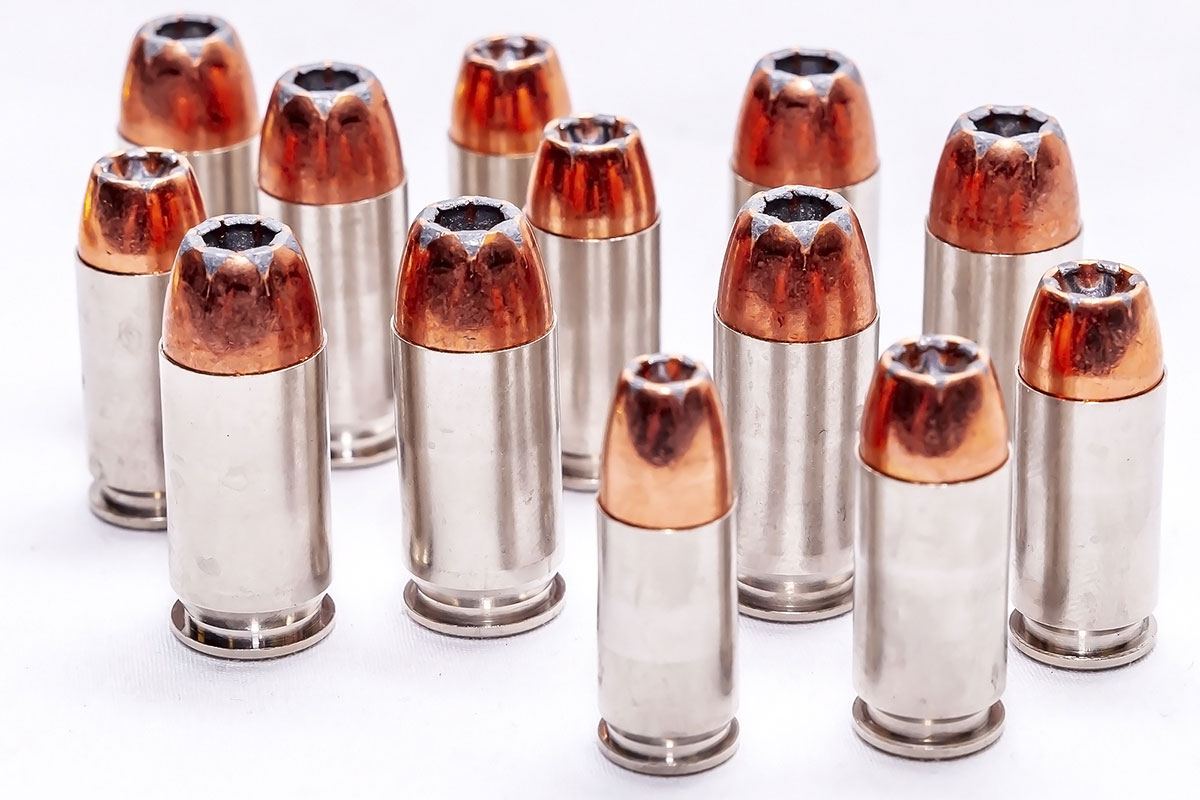
It's a lot to take in and try to understand, especially for someone who is new to firearms and possibly looking for their first concealed carry handgun. Hell, even federal law enforcement agencies like the FBI have trouble finding the right balance for their agents, as the firearms carried by bad guys got more powerful.
Through the late 1980s and 1990s, the FBI bounced around from the 9mm, to the 10mm Auto, to the .40 S&W, and finally, back to the 9mm.
In the end, a .380 ACP pocket pistol is as deadly as a 9mm, a .45 ACP, or a .44 Magnum, as long as if the person using it is proficient with their concealed carry firearm.
The most important thing is to regularly practice marksmanship and good shot placement with your concealed carry handgun as well as your home defense gun, using the self-defense rounds you've chosen, or a ballistic equivalent.
The best handgun, the best carry pistol, and the best self defense and concealed carry cartridge is the one you shoot best.
Check out the ammo availability at Palmetto State Armory.
NEXT: TAKING A CLOSER LOOK AT THE VERSATILE SMITH & WESSON GOVERNOR REVOLVER
WATCH
